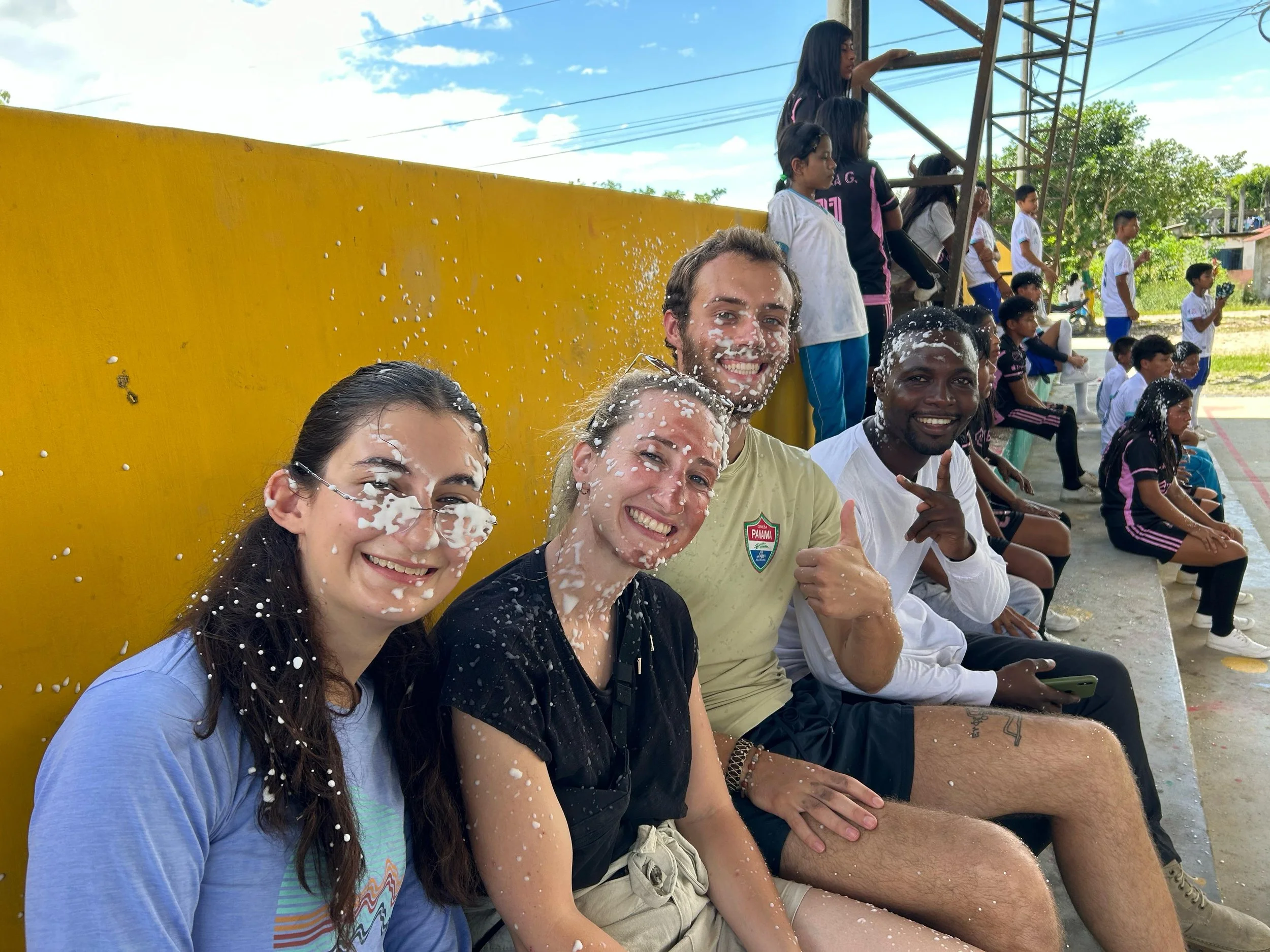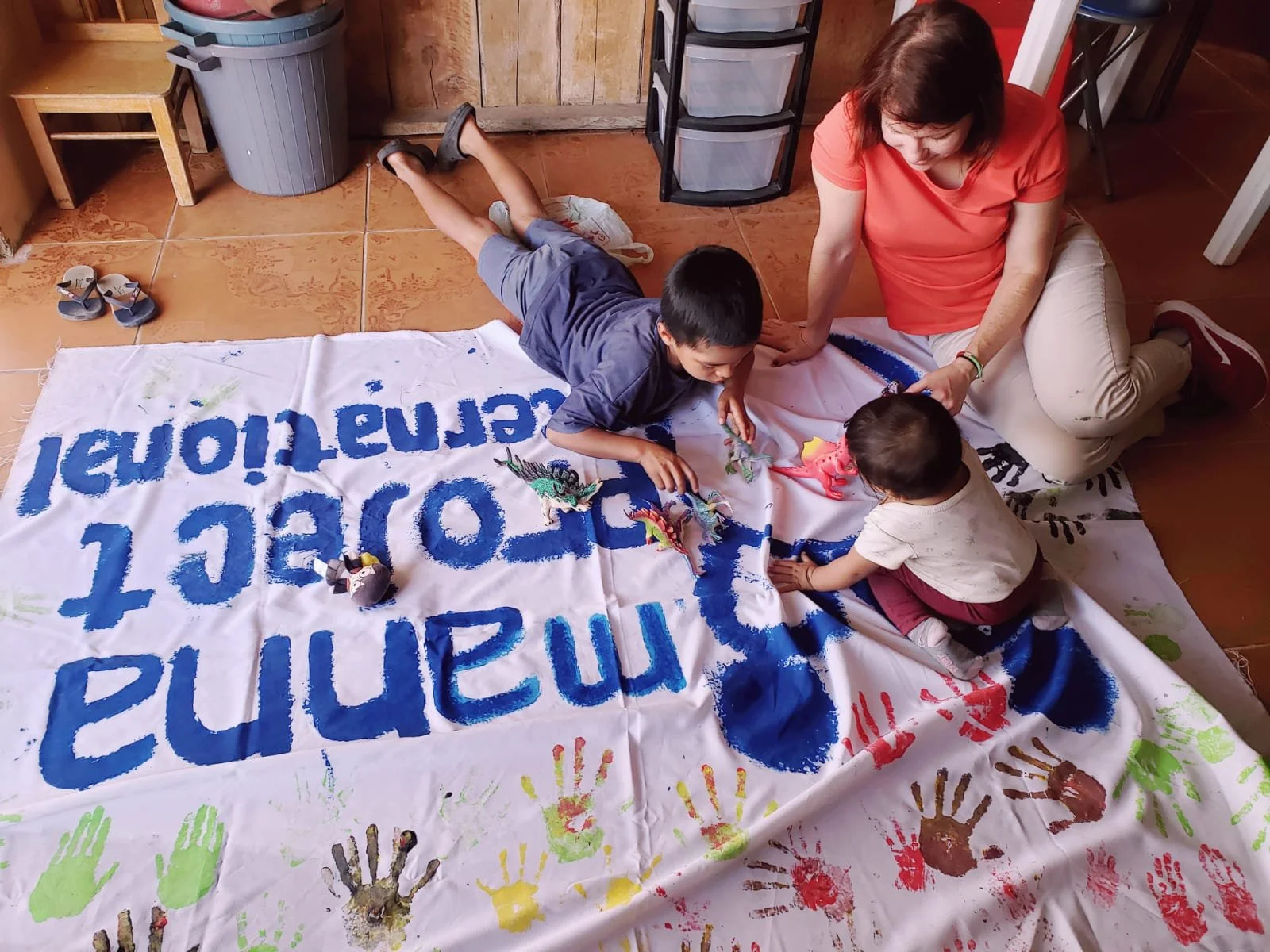Where do I even begin to explain the day I decided to climb a 4781m mountain-volcano-crater combo? Let’s start with its name, shall we? Aside from its alliteration and rhyme scheme being on point, it’s also a chance for you to pick up some Ecuadorian slang, so pay close attention! The mountain we climbed is called Guagua Pichincha; guagua is a word for baby (although the mountain was anything but a baby). The name stems from some riveting folklore (that I’ve already forgotten because my guide explained it to me when I was thousands of feet in the air and completely out of breath) involving alien abduction, a worried father, and some drama with the surrounding sibling mountains. Guambrita, or guambra, is another Andean term used to describe a “youthful” person. So, to translate: American Youth Takes on Baby Mountain Volcano Thing. Now that that’s cleared up, we can dive into the actual events of the day.
To start, let me share a little bit about me. I’m athletically challenged, I have a slight fear of heights and I hate the outdoors. Given these characteristics, it is questionable as to why I decided to put on a helmet and harness and wrap myself in ropes to risk my little life scaling rocks for hours. I actually had no idea what I was signed up for until morning of when I decided (unfortunately) to google what the mountain actually was. That’s when I found out that good ol’ Guagua Pichincha was actually an active volcano (but that I shouldn’t worry because its last eruption was all the way back in 1999). A Wikipedia page had never freaked me out so much.
Despite that “minor” concern, we were certainly given the best conditions for the climb. We left at about 7am to begin the 2-hour drive through Quito to the reserve at the base of the mountain. It was quite possibly the clearest day I have ever seen ever in Ecuador. We were able to see every mountain and volcano across the horizon, including Chimborazo (the highest volcano in Ecuador and hardest to climb). There are almost no words to explain how incredible that view was; photos can barely do it justice.
Upon reaching the reserve we were met by a team of mountain guides training for their International Guide certification. They handed us all of our (somewhat terrifying) equipment and we began almost immediately with the rock-scaling. It was uphill for hours. We were attached to our guides by ropes; they would go ahead up a rock face and after being given the “all clear” we would follow. I was lucky enough to have Diego, one of the best rock climbers, as my mountain guide. He was extremely patient with my lack of rock climbing grace, especially when I was expected to take bigger steps than my tiny legs could reach. Every now and then we’d stop to eat a quick snack, grab some water and take in the views. The higher up we climbed, the colder it got and the harder it was to breathe. Great combination, I know.
Everything was a first for me that day. Everything. From the incredibly unstylish orange helmet to the act of wearing a harness to the rock climbing itself to the REPELLING DOWN THE SIDE OF A CLIFF. Yup, you read that right. My life was completely in Diego’s hands every time I had to repel.
Aside from a few scrapes and bruises and an unbelievably sore body, I made it out on top – literally. We climbed three different summits that day, and each one was more incredible than the previous one. None of my friends or family could believe that I actually climbed a mountain when I told them. I do know one thing though – I’d DEFINITELY do it all over again. All of it: the repelling, the tripping down the mountain during the descent (even with walking poles) and the seeing my life flash before my eyes every 30 seconds. I’ve never been more proud of myself than I was that day. I highly recommend climbing something, anything, while in Ecuador, especially if it’s out of your comfort zone. I promise it will change your life.
See yourself climbing mountains in Ecuador? Apply now!












